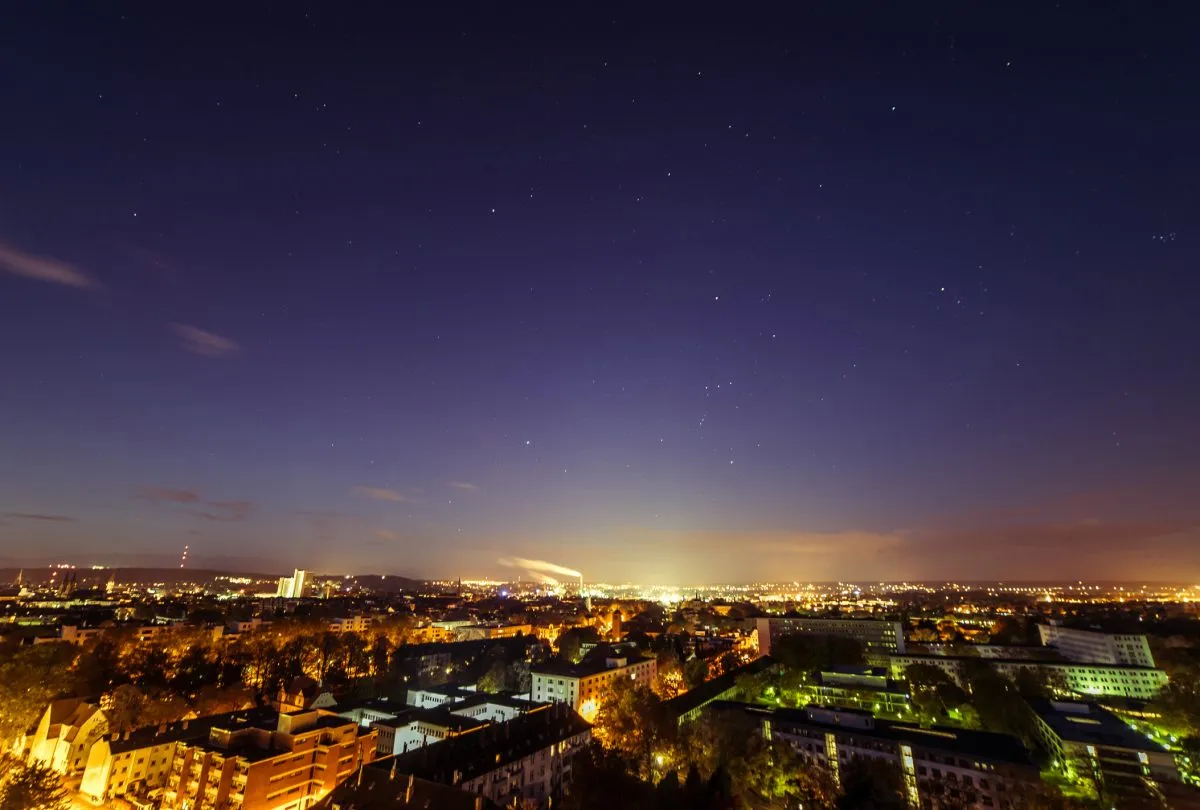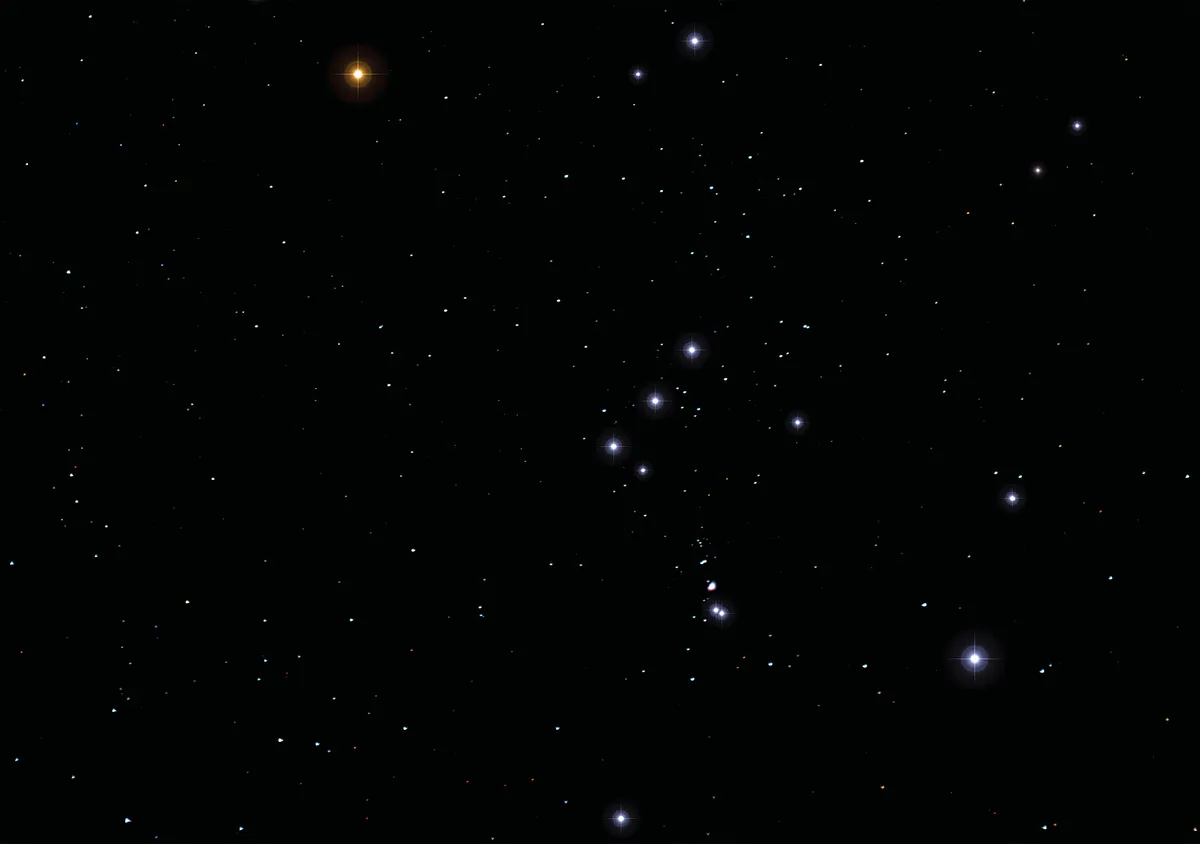The countryside charity CPRE is asking stargazers across the UK to count the number of stars they can see in the Orion constellation in the hope of producing an accurate view of the effects of light pollution across the country.
Every year, CPRE's Star Count initiative calls on Britons to take a moment to look up at the night sky and record how many stars they can see. Data from this citizen science project is then used to determine the level of light pollution and its effect on our view of the night sky.
Light pollution is the glare from towns, cities, car headlights and other forms of artificial illumination that inhibit how many stars can be seen in the night sky.

This year CPRE is working with the British Astronomical Association’s Commission for Dark Skies to get a more detailed analysis of the level of light pollution across the UK.
The 2020 Star Count study found that 61% of people in the UK live under 'severe' light pollution.
Data for that survey was collected prior to the Covid pandemic and lockdown across the UK. Has lockdown affected light pollution due to more people working from home. as well as restrictions on pubs, restaurants and other nightlife? This is one question the survey hopes to address.
For this year's Star Count, UK residents are being asked to count the number of stars they can see in the Orion constellation.
And if you are a keen astronomer, why not take a closer look through your telescope and discover deep-sky targets in Orion?

CPRE say the Star Count data will be used for "crucial lobbying efforts to protect and enhance the nation’s dark skies, improving our health, wellbeing, wildlife and the environment."
Crispin Truman, chief executive of CPRE, says: "A starry night sky is one of the most magical sights the countryside can offer, connecting us to the nature we all love and the wonders of the wider universe. Dark skies are also crucial for our health and for that of wildlife. Lockdown and the coronavirus have reminded us about how good for us the countryside can be.
"But many places suffer from light pollution, bleaching out the night sky. We want to change this.By taking part in Star Count, people will be helping us to lobby the government for more protection of thistoooften overlooked,but vital, part of our countryside."
Solar scientist, The Sky at Night's Lucie Green says: "The night sky belongs to all of us and it’s an inspiring sight. As chief stargazer at the Society for Popular Astronomy I see how important the night sky is in people’s lives. It provides inspiration and escapism, and can be done without any expensive equipment.
"We have to keep the night sky free from light pollution so that future generations can feel the same excitement that we have experienced."
For more info and to get involved in Star Count 2021, visit the Star Count website.
